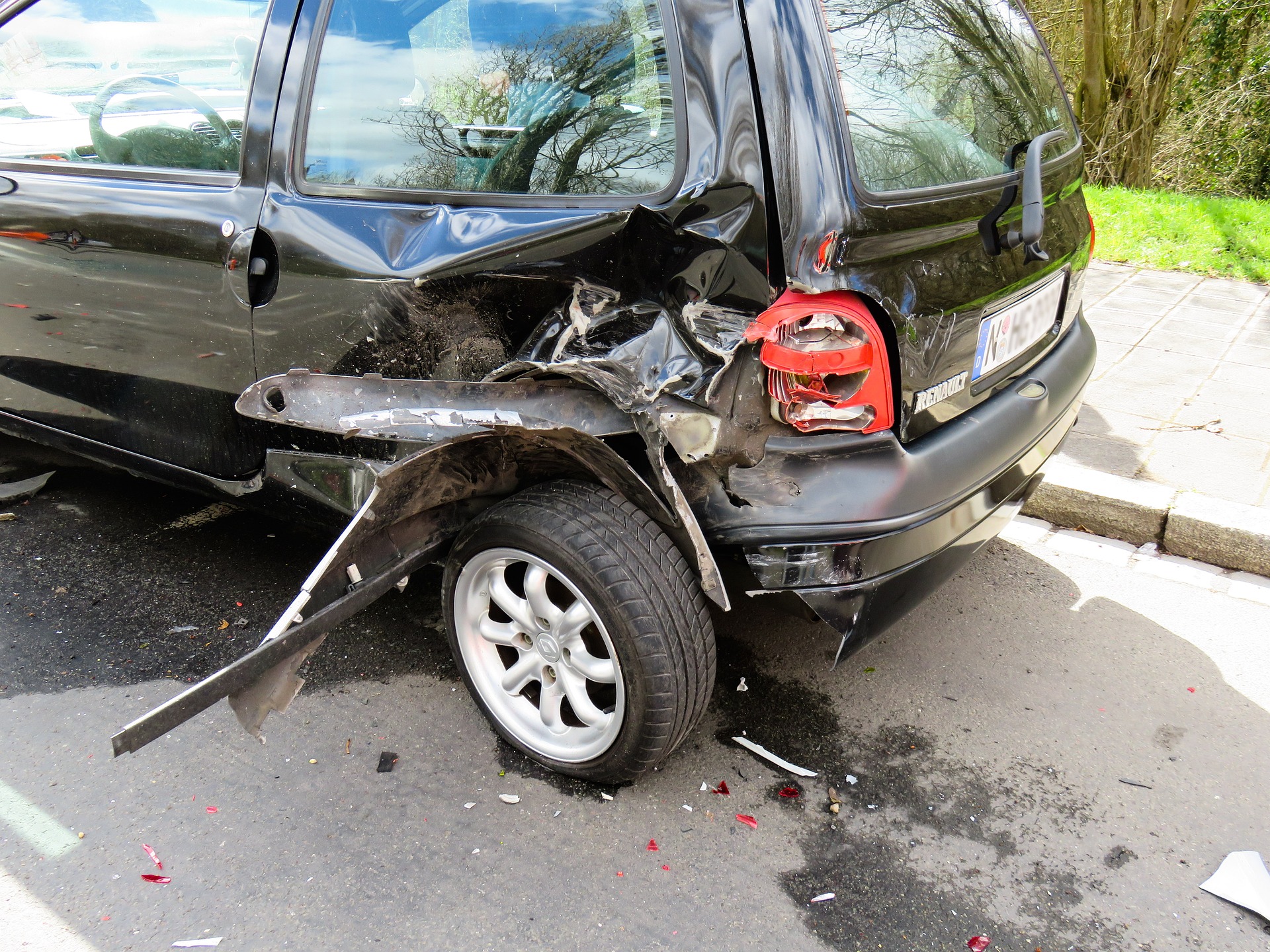If you have just been the victim of a personal injury accident, the last thing you want to do is compile documents and evidence. However, if you intend to take a case to a personal injury court, the type of evidence and documents you produce will either lead to a huge payout or a measly sum. This blog will tell you all of the materials and evidence you should gather as you begin your search for legal representation. Even if you do not need a personal injury attorney in the present, keeping this info in mind may help you receive just compensation for yourself or a family member if an accident does occur later in life.
Essential Documents and Evidence
Depending on your case, your attorney will inform you which types of information are necessary to bring to personal injury court. The following are the most commonly used documents in personal injury cases.
Victim / Personal Statement
Immediately following an accident, you should record exactly what occurred to the best of your knowledge. Recording this information directly following an incident allows your memory of the events to be as crystal clear as possible. Having a ‘paper trail’ of your belief of the events guarantees that the offending party can not claim you to have changed your story later on.
Police Reports
Reports created by the police department or another agency, such as the fire department, can be a critical first step in building your case. Most reports will contain the evidence gathered by the authorities and compile information regarding potential witnesses and their statements. Your attorney will use the leads found with a police report to investigate further or may contact the department to obtain evidence pertinent to your case.
Medical Reports or Documentation
Often, the sum of money you receive from a settlement will be determined mainly by the damages you receive, both physical and mental. Medical reports help determine the immediate cost of health services you required as a result of the injury, and medical history reports can show that the lingering injuries sustained were not present before the injury occurred. Following your incident, any new pains or difficulties in daily life should be recorded and investigated by a doctor to determine if a new ailment has occurred. Chronic pain or injuries might only manifest months after an accident.
Similarly, any receipts showing financial loss due to this injury – medical bills, caregiver costs, alternative transportation due to injury – should be kept in digital and physical form.
Witness Statements
Statements taken at the scene of the injury are essential for establishing a general set of facts about the case. If many unaffiliated parties can all corroborate your set of facts, your lawsuit will have a much easier time being won. Witness statements might be taken by police departments, in which case the information can be obtained through the relevant departments.
Photo or Video Proof
There are many ways an accident might have been recorded without your knowledge. Dashcams of witnesses, traffic cameras, CCTVs, and even pedestrian smartphone videos are all used regularly in personal injury cases. If a clear, unobstructed video of the injury can prove negligence on the part of the person you are suing, the case will likely result in a full and fair payout for your injury.
If finding all this information seems daunting, your attorney will help determine which documents and evidence are necessary for your case. If you have been in an accident and are suffering due to someone else’s negligence, the personal injury attorneys at Probinsky & Cole can help. We have offices in Sarasota, Orlando and Brandon – call today for more information.








